Many people want to work with animals, but aren’t sure what career options are out there for them. Or, you might already have your dream job in mind, but don’t know what steps you need to take to achieve it. Since we spend such a large portion of our lives at work, it’s important to enjoy the work you do. So, if you love animals and want to work with them, make sure you pursue this and find the right job for you. Read below for an overview of five careers working with animals that you might not have considered before.
Dog Handler
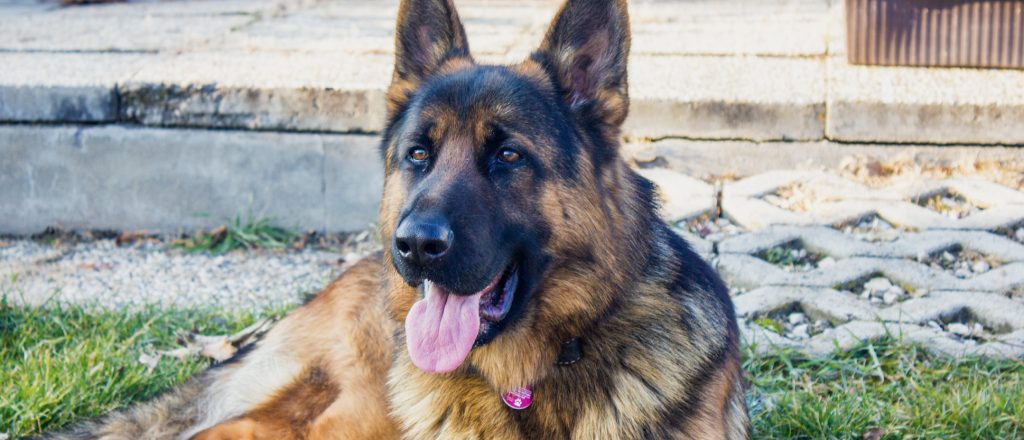
Your duties as a dog handler will vary depending on the service or organisation you work for. For example, work was an Army Dog Handler will differ significantly from work as a Security Dog Handler for a private security firm. But in general, a dog handler is someone who works with trained dogs for a specific purpose.
Some of the fields you could work in as a dog handler are:
- The Police (Drugs Detection Dogs, Explosive Detection Dogs)
- The Army (1st Military Working Dogs Regiment)
- Royal Air Force
- HM Revenue and Customs
- Search and Rescue organisations (National Search and Rescue Dog Association/NSARDA)
- The Fire Service (Fire Investigation Dogs)
- Private security firms
How to get into the profession
Each field will have their own entry requirements, for example to be a police dog handler you will first need at least three years’ experience in the police force.
However, if you’re interested in becoming a security dog handler, a relevant qualification could put you at an advantage when applying for jobs in this field. For example, studying the Level 2 Animal Care and Welfare Assistant Apprenticeship with the Working Dog Handler pathway would earn you experience in the industry.
View our Dog Handler career profile here.
Countryside Ranger
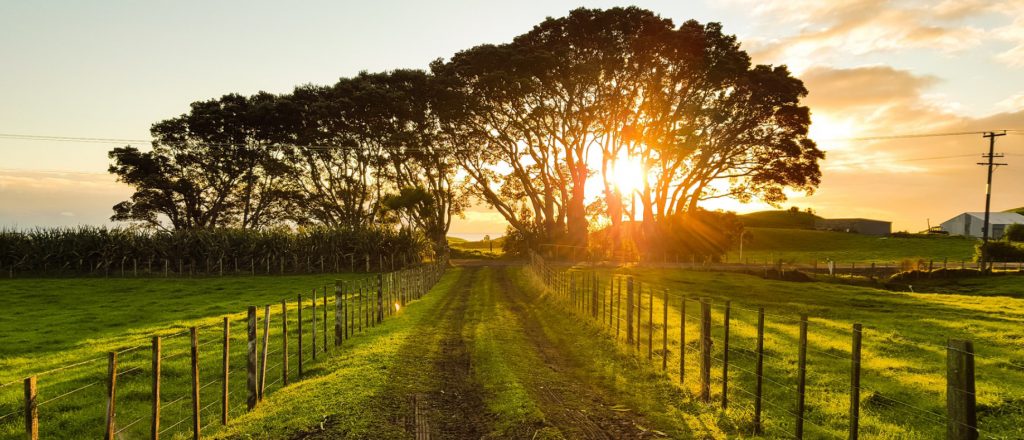
If you’re passionate about protecting the world around you, then a countryside ranger could be the right career choice for you. Within this physically demanding role you would be responsible for maintaining and developing areas of land, as well as preventing damage to the countryside in areas open to the public.
On a day-to-day basis you could be:
- Educating the public on wildlife conservation by giving talks or through guided walks
- Planning and developing habitats to conserve plants and animals
- Taking part in community projects
- Planting trees, managing ponds
- Working with local landowners and businesses whose activities might impact the environment
How to get into the profession
Jobs within this industry tend to be competitive, so having a formal qualification in a relevant subject can help to strengthen your application. Those looking for their first qualification as a starting point towards a career in the countryside may want to consider the City & Guilds Level 2 Diploma in Countryside and Environment.
View our Countryside Ranger career profile here.
Assistance Dog Trainer
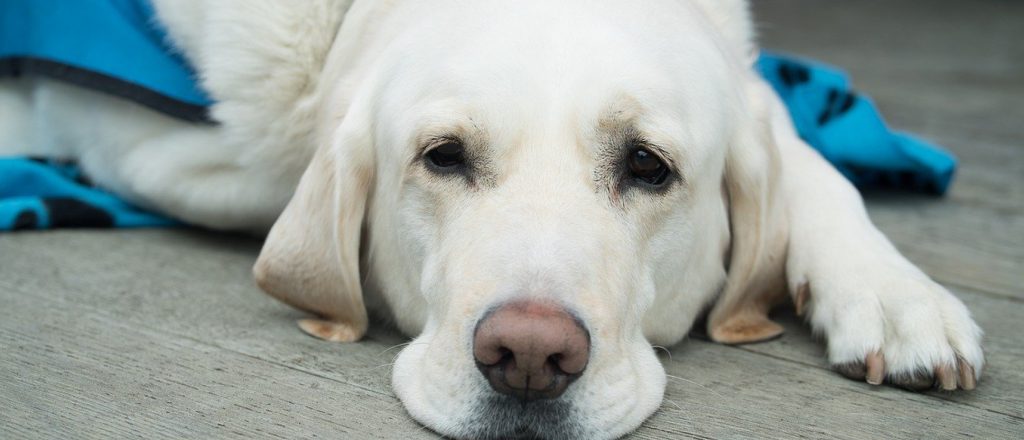
For those who want to help people but also love dogs, working as an Assistance Dog Trainer is a perfect combination of the two. Assistance Dog Trainers are responsible for training dogs that help disabled people maintain their independence.
On a regular day you could be involved with training dogs and owners together, working with volunteers who foster puppies and young dogs, training the dogs in basic and more advanced skills and matching dogs with owners.
Charities for assistance dogs include:
- Canine Partners
- Medical Detection Dogs
- Support Dogs
- Hearing Dogs for Deaf People
- Dogs for Good
- Guide Dogs
- Dog A.I.D
How to get into the profession
Entry requirements will vary depending on the organisation you are applying for the job with. However, as with most jobs working with animals gaining any relevant work experience or qualifications can add to your application. For example, you could stand out from other applicants by studying the Level 2 Animal Care and Welfare Assistant Apprenticeship with the Animal Handling and Interaction pathway.
View our Assistance Dog Trainer career profile here.
Horse Groom
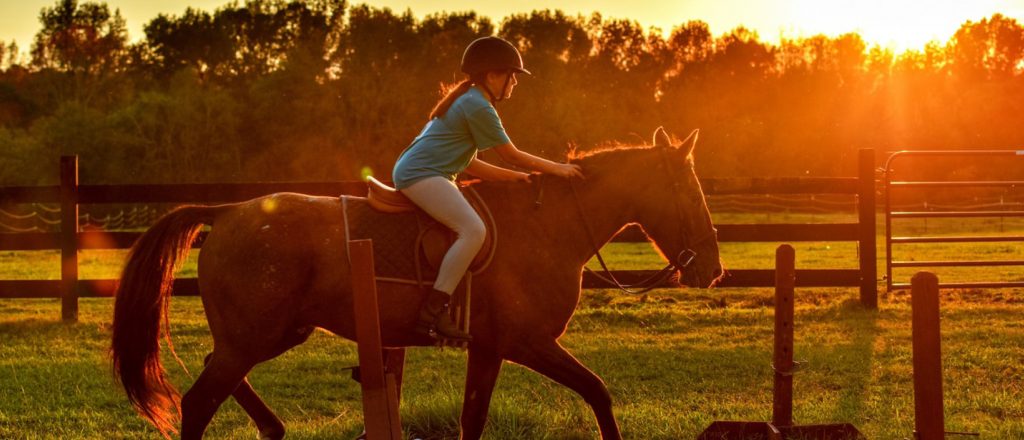
If you have a love for horses, you may have already considered a career that involves working with them. A Horse Groom is responsible for the day-to-day care and maintenance of the horses – making sure they are healthy and in good condition.
As a horse groom you would be involved with:
- Mucking out stables
- Giving horses food and water
- Replacing bedding
- Cleaning and clipping horses’ coats
- Cleaning equipment
If you have your own horses you might have experience in doing a lot of these things already, which can help you to stand out when applying for jobs.
How to get into the profession
To become a horse groom, there typically aren’t any formal academic entry requirements. However, you can put yourself at an advantage by gaining experience working with horses through voluntary or paid work in a stable. What’s more, gaining a formal qualification such as the Level 2 Equine Groom Apprenticeship can also strengthen your application.
View our Horse Groom career profile here.
RSPCA Inspector
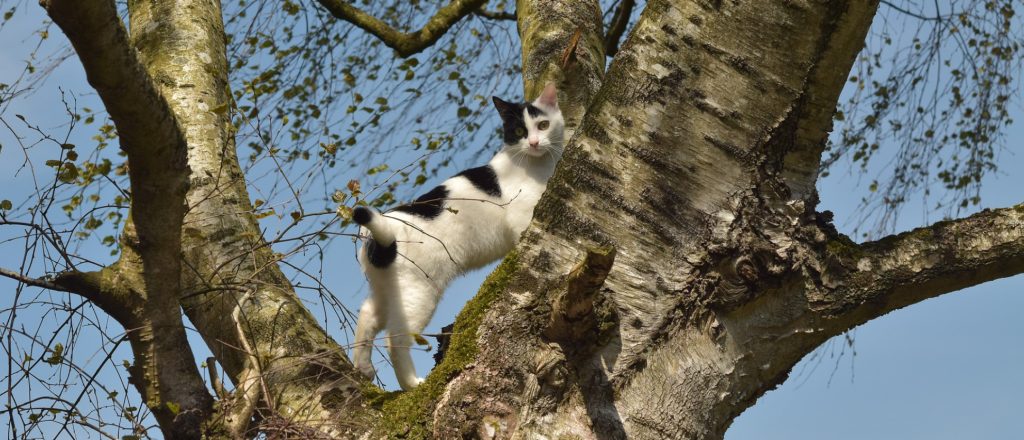
Working as an RSPCA Inspector is challenging, but rewarding. The job involves investigating cruelty and neglect complaints, as well as rescuing animals, providing medical treatment and giving advice to owners.
Since the job can be both physically and emotionally draining, some things you’ll want to consider before applying are:
- Strong people skills are vital
- You need to be physically fit and a strong swimmer
- You should be able to cope with stressful and emotional situations because the job can be psychologically demanding
- Working unsociable hours will be required
How to get into the profession
The RSPCA has set entry requirements that can be found here. Training for the role will be completed internally with the RSPCA and includes a 16 week residential training programme. To be accepted onto the programme you will need experience working with animals, so achieving a relevant qualification such as the Level 2 Animal Care and Welfare Assistant Apprenticeship, or having work experience in the industry can strengthen your application.
View our RSPCA Inspector career profile here.
What’s more – our annual Careers with Animals Day event is coming up on the 28 March at our centre in Huntingdon, Cambridgeshire. So, if you’d like to find out more about what careers working with animals are out there, be sure to come along and speak to the experts.


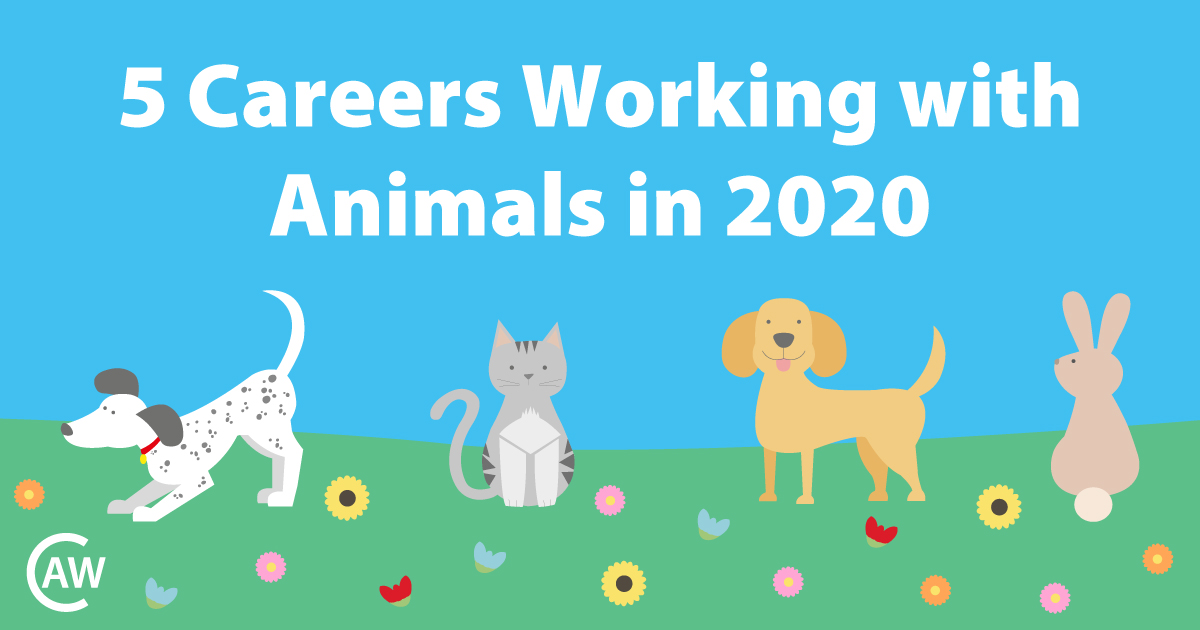 Many people want to work with animals, but aren’t sure what career options are out there for them. Or, you might already have your dream job in mind, but don’t know what steps you need to take to achieve it. Since we spend such a large portion of our lives at work, it’s important to enjoy the work you do. So, if you love animals and want to work with them, make sure you pursue this and find the right job for you. Read below for an overview of five careers working with animals that you might not have considered before.
Many people want to work with animals, but aren’t sure what career options are out there for them. Or, you might already have your dream job in mind, but don’t know what steps you need to take to achieve it. Since we spend such a large portion of our lives at work, it’s important to enjoy the work you do. So, if you love animals and want to work with them, make sure you pursue this and find the right job for you. Read below for an overview of five careers working with animals that you might not have considered before.